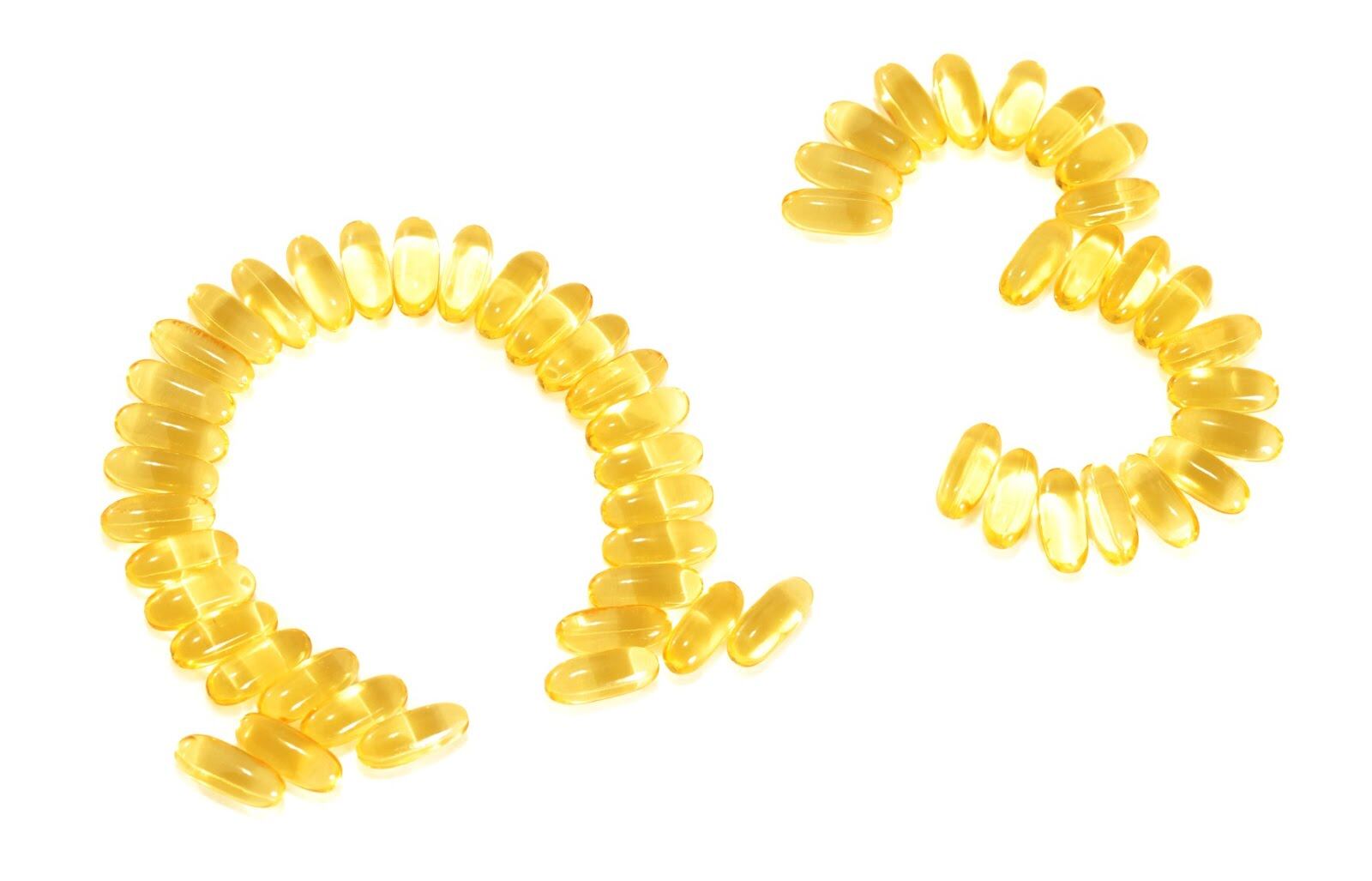Data from the cross-sectional study, published in Clinical Nutrition, found that participants with a low omega-3 index had worse performance-based test results for physical function than people with a high omega-3 index – however, the association did not reach statistical significance when confounders were controlled for.
Previous research has linked long-chain omega-3 omega-3 polyunsaturated fatty acids (PUFAs) to a raft of health benefits including brain, cardiovascular and immune function – in addition to boosts to physical performance, bone health, and recovery in sports.
However, the French team behind the new study noted that very few studies have tested for associations between PUFA status and performance-based tests of physical function in older adults.
“This cross-sectional study found that participants with a low omega-3 index had worse performance-based test scores of physical function than people with a high omega-3 index, but this association did not reach statistical significance once confounders were controlled for,” wrote the team – led by Bertrand Fougère from the University of Toulouse, France.
There may be several reasons why the association described in the study did not reach statistical significance, said the team – noting that the cross sectional nature and the fact that participants were all in community-based and in relatively good health may have impacted the findings and applicability to the general public.
“Studies looking at the over-time associations between PUFA status and physical performance changes may shed more light on this topic,” they added.
Cross-sectional data
Fougère and colleagues investigated the associations between the omega-3 index red blood cell (RBC) membrane content of omega-3 PUFAs – such as eicosapentaenoic acid (EPA) and docosahexaenoic acid (DHA) – and physical performance measured with the Short Physical Performance Battery (SPPB) in a sample of community-dwelling older adults.
“Bivariate analyses found that participants who were in the lowest omega-3 index quartile (Q1) had a SPPB score significantly lower than participants in the three other quartiles (Q2–Q4),” said the team. “However, adjusted for age, gender, cognitive function, depressive status, Body Mass Index and grip strength multiple linear regression showed that the omega-3 index-SPPB score association did not reach statistical significance in our sample.”
Source: Clinical Nutrition
Volume 37, Issue 4, August 2018, Pages 1141-1144, doi : 10.1016/j.clnu.2017.04.005
“Red blood cell membrane omega-3 fatty acid levels and physical performance: Cross-sectional data from the MAPT study”
Authors : Bertrand Fougère, et al

